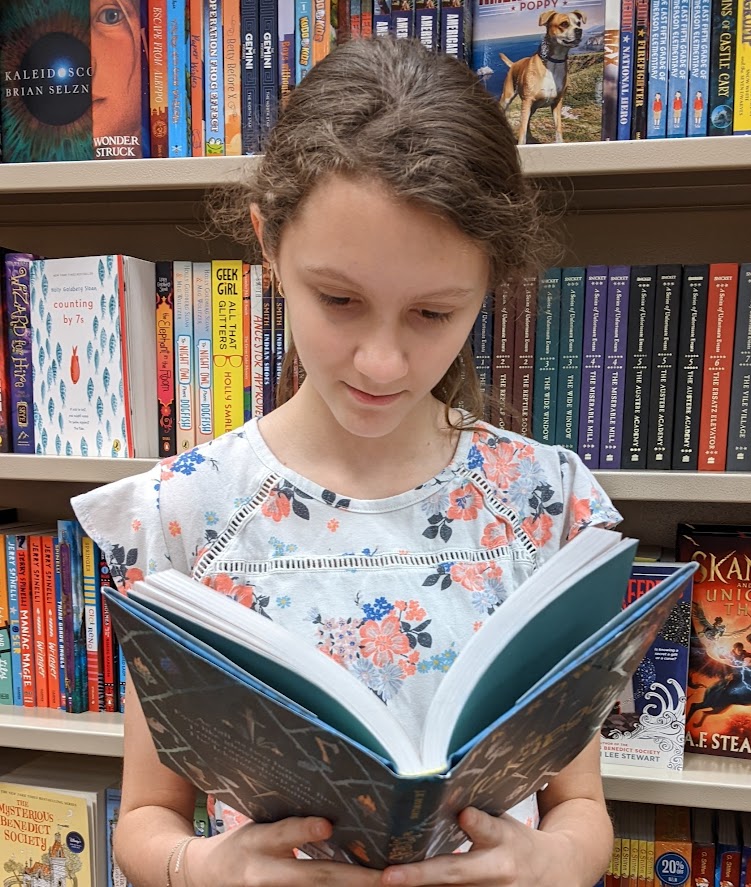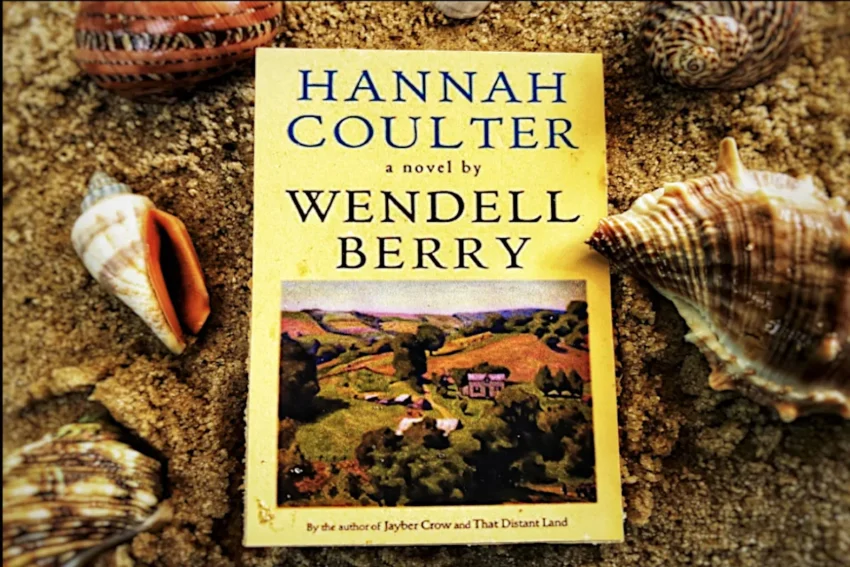Have you ever been writing a character of the opposite gender and suddenly felt doubtful? What if your character isn’t realistic? What if they’re doing something a person in their gender would never do? What if someone reads your story and becomes offended?
These are valid worries. Writing characters in the opposite gender can be hard. And when you get into all the details of the way your character is different from you, when you watch all the Youtube videos and read all the writing tips about this subject, the task can become even more overwhelming.
That’s why today, our case study is here to ease your worries.
Hannah Coulter
Hannah Coulter is a novel that tells the story of a woman named Hannah living in rural Kentucky throughout the early 1900’s and into the second World War. It gives a bird’s eyes view on what makes a strong person, healthy relationships, and ultimately a meaningful life. Hannah’s mother dies while she’s still a little girl, leaving her to be raised by her grandmother. After graduating highschool, she finds a job in a town called Port William, where Hannah meets her first husband, Virgil Feltner. Because of her love for him and his family, she ends up staying in Port William for the rest of her life.
When Hannah loses her first husband to the second world war, the readers feels all her pain. When she eventually gets re-married, the audience falls in love all over again. And when her children grow up and leave her forever, the reader can feel the regret and sorrow Hannah experiences.
Though her story was unique, the author immersed the reader into Hannah’s life and voice so deeply that we felt her joys, her pains, and understood her thoughts as well as she did. . And the craziest part?
Even though the story was entirely from the perspective of a woman, the author, Wendell Berry, was a man.
Three Best Ways to Write A Character With The Opposite Gender
How did Wendell Berry do it? How could he write one of the best novels from the perspective of a woman, and not be a woman himself? How does he know the joys of girlhood, the pains of motherhood, and the sorrow of losing two husbands? Below are are three ways he was able to relate with this experiences and touch the of hearts of women all around the world:
#1. There Are More Similarities Than You’d Think
Throughout the story, Hannah experiences fear, joy, excitement, and heartbreak, just like any other person on the planet. This makes her both relatable to the reader and, from an author’s perspective, fairly easy to write.
You can’t approach writing a character with the opposite gender as if the task is going to require vast amounts of research on an alien species. Although men and women have varied ways of processing the world around them, both are still human beings with souls, emotions, plans, doubts, flaws, etc. When you think about it, there are more similarities between the two than there are differences.
As the famous saying goes: ‘Write what you know.’ Stressing about all the ways men are different from women won’t help you write your character any better. Instead, focus on the similarities and write about that.
#2. There Are a Few General Differences To Be Considered
As many similarities as there are, however, there are a couple major differences you should be aware of when writing your character.
Firstly, women expresses their emotions more bluntly than men. Neither side has more or less emotions, they just have different ways of communicating those feelings to others. Hannah has many instances in which she is more up front about her emotions, which is one of the reasons many women found Berry’s writing to be so accurate.
The second difference to note is strength. All the male characters in the book handle the farmwork, and though the women are realistically portrayed as physically weaker than the men, they aren’t seen as weak, period. Berry highlights the character strength it took for Hannah to let her children go, the love it took for Hannah’s mother-in-law to allow her to re-marry, and even the strength it took for her grandmother to raise her. Though Berry realistically showed most men being more physically capable than women, he was careful not to specifically portay either side as weak.
The last difference I’ll note here is that women tend to be more interested in people, and men tend to lead towards more things. Through Hannah’s perspective, we do get a lot of information about the people around her, rather than the things. This is a smaller difference, but still one worth noting when writing characters with the opposite gender.
#3. Go With Your Gut (Or Just Phone A Friend)
Of course, keep in mind that these differences aren’t hard and fast rules. If your female character is more of a tomboy, than maybe she will be physically stronger than all the guys around her. If your male character is more aware of people’s emotions, that’s fine too. Ultimately, you know your character best. Go with whatever common sense is telling you.
And, if you’re still unsure, ask your brother, cousin, or a friend. I once wrote a scene where a male character of mine spent a whole page describing his outfit but, having four brothers, Mara knew this was unrealistic, so she kindly corrected me. Asking a friend or family member to double check your work for you will always be a good way to make sure your character is being portrayed the way it should.
Although writing characters of the opposite gender can be difficult, it’s far from impossible. Just remember the similarities between the two, don’t stress too much about the differences, and ultimately trust your intuition. You know your characters better than anyone, and only you will be able to use those characters to inspire people around the world.



Let us know in the comments:
What books have you read written by the opposite gender who did it well? Are you writing from the perspective of the opposite gender in your current WIP?


Hello, I’m Sophia! I’m a child of God and I (if you couldn’t tell already) love to write! I’m also a total theater kid and strong dessert (specifically cupcake) enthusiast. For as long as I can remember, I’ve enjoyed both reading and making my own stories. I’m so glad I get to share with you what I’ve learned from some of my favorite (or sometimes least favorite) stories on this blog.


We need advice like this more often!
I’m glad you enjoyed the article Dena!
GOod job, Sophia. I think your comments were very insightful. I was also amazed at Berry’s ability to get inside a woman’s skin. I’m going to forward this to my daughter who gave me a copy of the book!
Yes, Berry is one of my favorite writers now. I’m glad you enjoyed it and thanks for sharing this article!
Good advice! I loved the book.
Yes, I love this book so much, and I can’t wait to read Nathan Coulter too! I’m glad you found the advice helpful (:
This was encouraging! I struggle with this in my writing. The first tip was really helpful. Also, asking a friend is a good idea. Thanks!
Thanks for commenting, Lucee! I’m glad I could help!
This article is so helpful: I’ve always struggled with writing a character of the opposite gender!! Thank you so much, Sophia! Great article!
Thank you so much for commenting Arwen; reading things like these always make my day! I’m so glad you found this to be helpful!